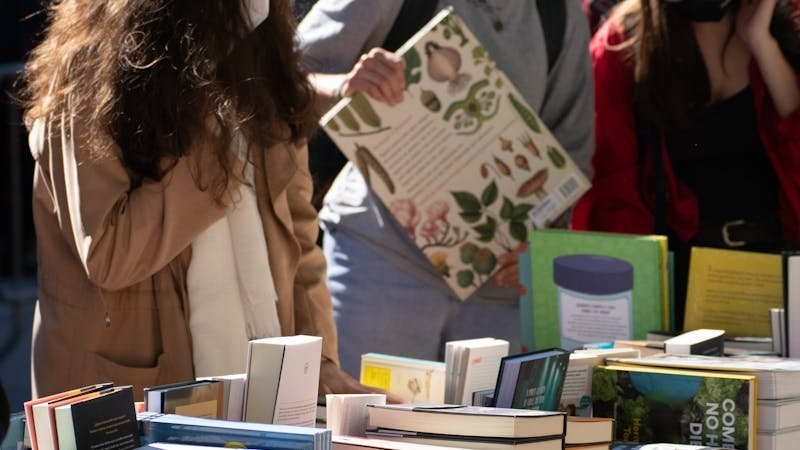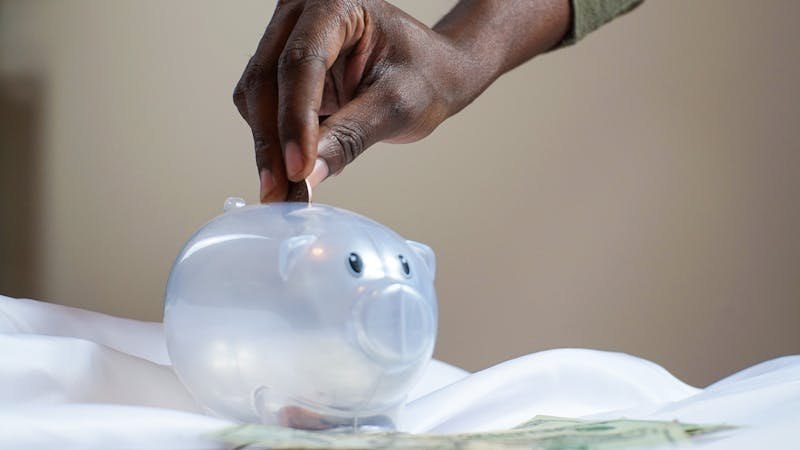
Valentine’s Day, 2023: How will Britons celebrate?
With Valentine’s Day upon us, florists and chocolatiers will certainly rejoice. Who else will mark the occasion?
According to a recent YouGov custom survey, one third of Britons (33%) plan on celebrating Valentine’s Day with a romantic interest, up from 23% of those who celebrated in 2022. The majority (55%) will not celebrate at all and a small percentage (7%) say they’ll mark the day alone or with family or friends.
On the day, most British lovebirds will stay in the nest, with 62% saying they’ll “spend time together at home” and 24% saying they’ll watch movies or TV. A quarter (24%) will make a more public display of their affection by going out for a meal or drinks and another 4% will attend an event or activity. A small minority (4%) plan to travel for the occasion.
There are some interesting demographic differences in the activities that respondents are planning. Younger respondents are more likely to go out for a meal or drinks, with 29% of 18–34-year-olds planning on going out compared to 19% of 35-54s and 24% of those older than 55.
Planned activities also vary with gender. Women are significantly more likely than men to say they’ll spend time at home (69% vs. 56%) and/or watch movies/TV (28% vs 21%). Men, by contrast, are more likely to go out for a meal/drinks (28% vs 20%).
Valentine’s Day is also a traditional gift-giving occasion. What will Britons be giving to each other? By far the most popular gift is a greeting card, chosen by 41% of those celebrating, followed by chocolates/sweets (20%) and flowers (18%). A significant proportion of Britons (22%) are resisting the commercialization of love by giving no gifts at all.
Some gift categories, such as sweets and greeting cards, are equally popular with men and women. Others, however, show significant differences. Men are eight times more likely (33% vs 4%) to give flowers and seven times more likely to give a restaurant voucher (7% vs 1%). Women, on the other hand, are more likely to eschew giving gifts altogether (28% vs 18%).
Age also makes a big difference when it comes to gift-giving. Homemade or unique gifts are planned by 13% of 18-34-year-olds compared to 4% of 35–44-year-olds and only 2% of those aged 55+. Gifts of clothing or jewellery are also less popular with age. About a tenth (9%) of those aged 18-34 plan on giving gifts of clothing or jewellery compared to 6% of 35-54-year-olds and 3% of those 55 and older.
Whether young or old, most plan on keeping their observance of the day relatively affordable.
The majority (68%) plan on spending between £1-£50 with 16% planning on spending more than that sum. An equal proportion (16%) plan on spending less than £1.
Explore our living data – for free
Discover more FMCG content here
Want to run your own research? Run a survey now
Make smarter business decisions with better intelligence. Understand exactly what your audience is thinking by leveraging our panel of 20 million+ members. Speak with us today.
Methodology: YouGov Surveys: Serviced provide quick survey results from nationally representative or targeted audiences in multiple markets. This study was conducted online in January 2023 with a nationally representative sample of 2117 adults in Great Britain (aged 18+years), using a questionnaire designed by YouGov. Data figures have been weighted by age, gender, education, region, and race to be representative of all adults in Great Britain. Learn more about YouGov Surveys: Serviced.
Photo by Becca Tapert on Unsplash

































